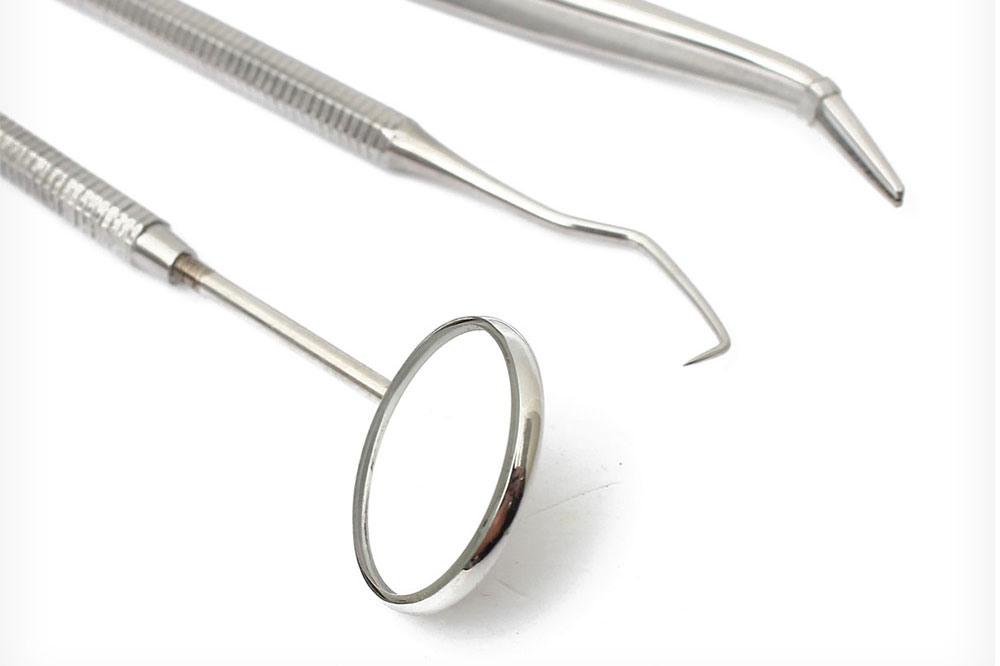Scaling and Polishing
What is scaling and polishing?
Scaling and Polishing are usually paired together for every routine cleaning. Scaling and Polishing is for removing plaque, calculus build-up and extrinsic staining from the surfaces of teeth.
Plaque is a soft yellowish bacterial deposit that forms around teeth and gums.
Calculus is a form of hardened dental plaque. It is caused by precipitation of minerals from saliva and gingival crevicular fluid (GCF) in plaque on the teeth. Calculus can form both along the gum line and within the narrow sulcus that exists between the teeth and the gingiva. Calculus formation can lead to a number of clinical manifestations, including bad breath, receding gums and chronically inflamed gingiva.
How often do we do it?
It is recommended to arrange for a routine Scaling and Polishing once every 6 months. This is also dependent on the individual patient’s oral health condition. For patients with advanced gum disease, surgical root planing (SRP) might be needed.
Regular Scaling and Polishing by a dental professional can help treat Gingivitis. Gingivitis is the inflammation of the gums where gums become red, puffy and bleed easily.
FAQs
1. Is Teeth Whitening same as Scaling and Polishing?
- Teeth Whitening is a different treatment (Chairside Whitening or Take-Home Kit). Teeth whitening requires a whitening chemical gel for the teeth to be whitened by a few shades. In whitening treatment, the result may differ in individuals.
2. Is it normal for the gums and teeth to feel sensitive and also to bleed after Scaling and Polishing?
- It is perfectly normal for the teeth to feel sensitive and to see bleeding after every Scaling and Polishing.
- It is advisable to avoid rinsing the mouth too often as that may encourage more bleeding from the gums
- You can continue to brush or floss your teeth as normal.
3. Is it mandatory to have topical fluoride?
- It will be ideal to have Topical Fluoride applied after Scaling and Polishing.
- Topical Fluoride helps to strengthen and also make your teeth more resistant to decay.
- It is advisable to avoid eating and drinking for 30 minutes after topical fluoride has been applied.

Make An Appointment
Open from Mondays to Sundays
Closed on public holidays
Please call 6538 2001 or fill in our online appointment form.

![[:en]Services[:]](https://luminousdentalgroup.com/wp-content/uploads/2018/03/services_img.jpg)